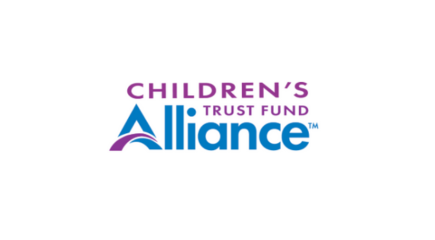Why this Topic Matters to Us
Older youth in group homes often face unique challenges as they approach adulthood. These settings can provide stability, but they may also lack the personalized support needed for successful transitions to independence. Understanding their experiences helps communities, caregivers, and systems better support them and create safer, more stable environments.
In 2023, approximately 33,000 youth in U.S. foster care were living in institutions, group homes, or other environments instead of with a family
(CCAI 2022)
Learn from Lived Experience
"In Washington, we have tried to advocate for 'family focused behavioral rehabilitation services' to be provided in-home to a family as opposed to placing a child in a facility where they would get these services. I have seen this approach be very successful for a family. We also try to ensure in-home parenting supports, concrete services, and identifying an agency that focuses on both the parents and child/youths needs to get them connected to the appropriate supports”
— Alise Morrissey, Parent from Washington



